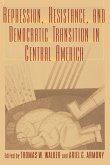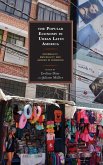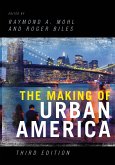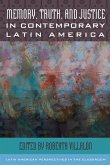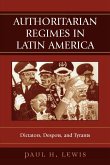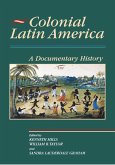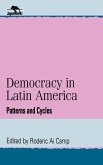Two decades ago the mere notion of examining local elections in Latin America would have produced a puzzled look and a simple question: ?Why?? Elections of any sort were limited and suspect if they occurred at all, and local elections were for the vast majority of countries nonexistent. Latin America?s return to democracy in the 1980s marked a new chapter in its political history. During this movement from military to civilian regimes, local elections played a key role in democratization. They represented the breadth and depth of political change occurring in the region. Urban Elections in Democratic Latin America explores the electoral politics of several of the major urban centers and capital cities of democratic Latin America. The primacy of urban centers throughout Latin America magnifies the importance of this study. Latin America is over two-thirds urban, and two of the world?s three largest cities are now in Latin America: the metropolitan areas of Mexico City and Sao Paulo. Previous discussions on electoral politics have focused exclusively on presidential elections. However, democratization requires more than presidential elections; indeed, ultimately it may depend on the presence and vitality of local elections. This text examines the neglected topic of these elections. The chapters analyze the electoral process in ten Latin American countries, including an examination of how local elections have either paralleled or diverged from national election patterns. Each essay begins with an introduction to the country and city in question, followed by a close examination of the electoral experience at the local level. Conclusions focus on identifying patterns and on the importance of local elections in the democratic life of the nation. The following countries are examined: Argentina, Bolivia, Brazil, Colombia, the Dominican Republic, El Salvador, Mexico, Peru, Uruguay, and Venezuela. Contributors to this text include Angel E. ¡lvarez, Peter Calvert, Henry Dietz, Eduardo Ga
Hinweis: Dieser Artikel kann nur an eine deutsche Lieferadresse ausgeliefert werden.
Hinweis: Dieser Artikel kann nur an eine deutsche Lieferadresse ausgeliefert werden.


